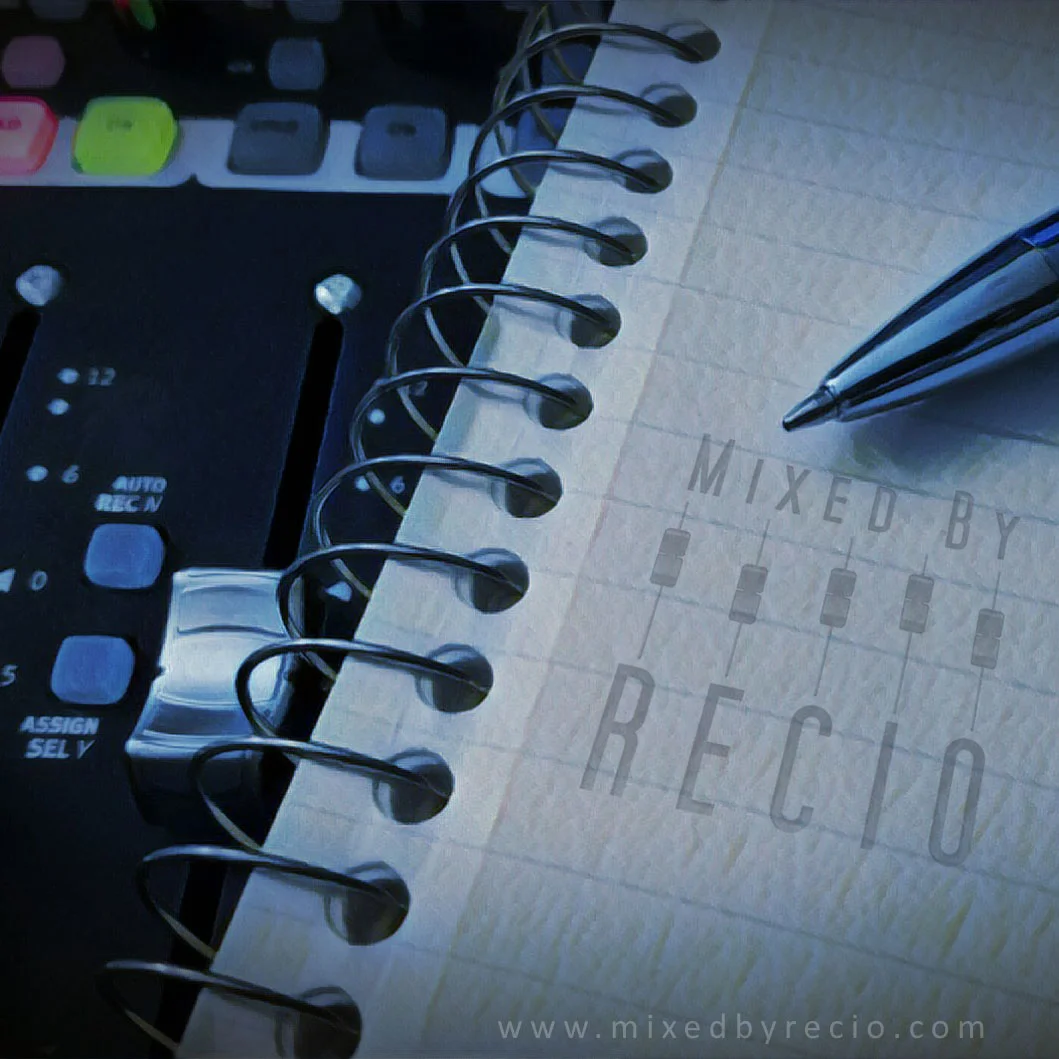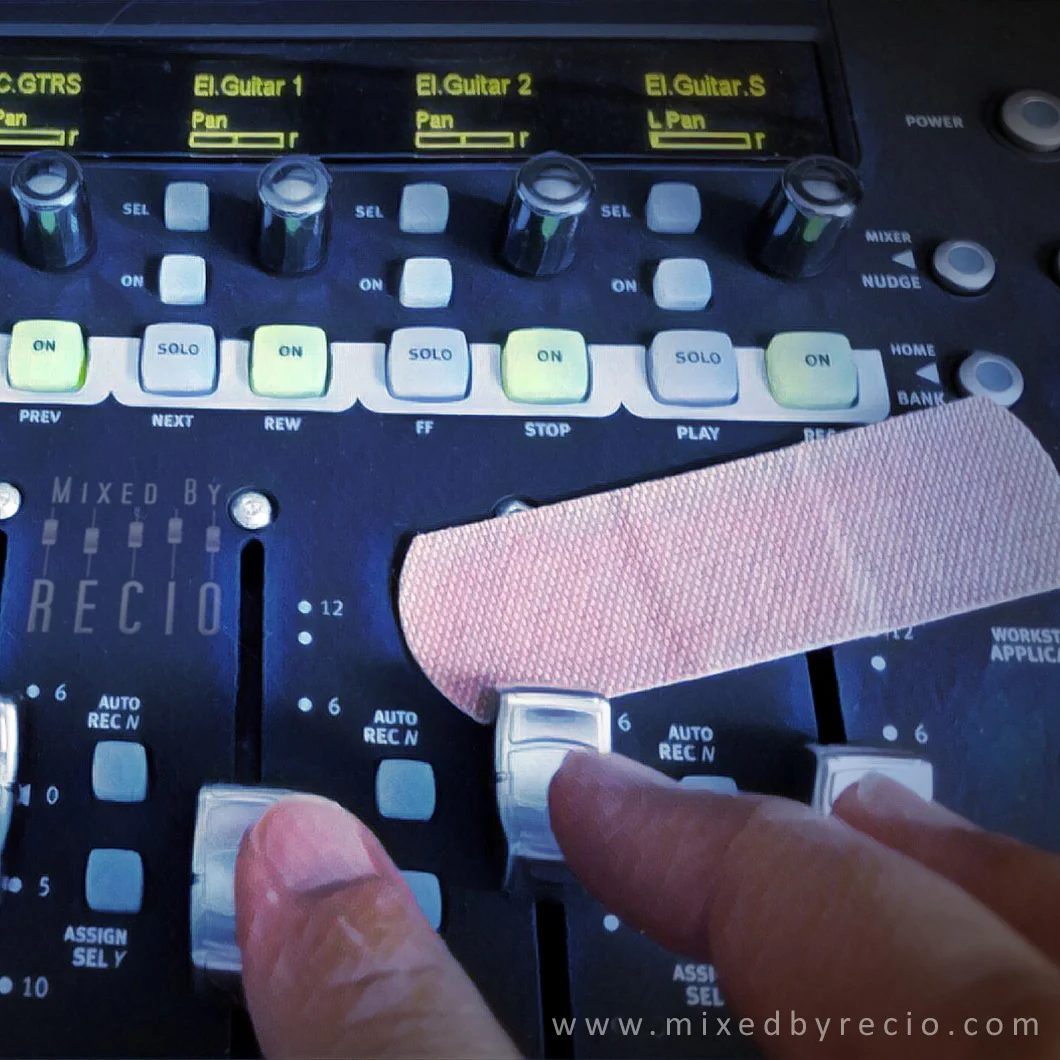
Regardless of what you call it, you don’t want to ruin your next release.
It's likely you've come across discussions (and debates) around what some call a song, an album, or a record. We can't assume we're all talking about the same thing—especially when the majority of music is no longer released and distributed on a physical medium.
Let's start with the Grammy awards and the difference between winning Record of the Year versus Song of the Year:
"Simply put, Record Of The Year deals with a specific recording of a song and recognizes the artists, producers and engineers who contribute to that recording, while Song Of The Year deals with the composition of a song and recognizes the songwriters who wrote the song." —Grammy.com
After working so hard to craft the song itself, don't ruin the record you're going to release for the world to hear by committing any of these cardinal sins:
CHOOSING THE WRONG SONG
I'm not even going to call it a bad song, as "bad" is subjective. I'm talking more about the wrong song for you or for your band; the song that doesn't mean anything to you. A song that isn't quite finished yet. The song that goes nowhere and doesn't have anything to say. Even instrumental music can tell a good story when done right.
PERFORMING WITHOUT EMOTION
It's too easy to blame a weak performance on a nervous or inexperienced musician. Let's talk more about trying to get the right performance from the wrong person. This can be an especially tough pill to swallow when it's YOU trying to perform a particular part that just isn't working out. Consider changing the part or bringing in someone who gets what you're going for and who you can trust to make it happen.
The right song will always tell you if that emotion/energy/vibe ought to be angry, sad, happy, passionate, or whatever—but you'll probably never convey it to the listener as long as you're struggling just to play or sing the part.
Serve the song and reinforce the record by capturing an emotional performance the listener can connect with.
NOT RECORDING WHAT WAS NEEDED
While the producer can help the creative and artistic side, the tracking engineer is much more focused on the technical side of your record. A tracking engineer's primary job is in capturing a clean recording of each performance, yet far too many epic takes have been lost because the tape just wasn't rolling or the hard drive wasn't spinning.
When the best idea shows up or the magic finally comes together during a session, you do NOT want to look at the engineer asking "Did you get all that...?" just to have them say "Oh, sorry. I thought we were rehearsing" or "Oops, can we do that one again...?"
It's not all on the engineer though. Coordination and focus are both important parts of a productive recording session. Both can be a struggle when you're recording yourself, trying to wear two hats as both the artist and engineer. Consider bringing in some help to let you and your band focus on performing while someone else handles the technical side.
When you've captured everything you needed during the recording phase, it becomes easier to make the decisions that will follow during editing, mixing, and mastering.
Regardless of whether your new song is for a standalone single or part of a larger collection, the last thing you want to do is to sabotage your best efforts as you make your recording and release the resulting product to your audience.
Do everything you can to avoid ruining your next record.
Do everything you can to bake the following ingredients into your next record:
A clean recording that captures an emotional performance of a great song.
What have you struggled with in making your latest record? I'd love to hear what you've been working on and how I can help you. Tell me about your music!
Whenever you find something of value here, please share it on social media and within your musical circles.
Please Subscribe
get thoughts on music-making & making music thoughtful
we respect your privacy
I’ve launched a new series of Getting Started videos to support anyone who wants to record their music but may not even know where to begin. Start with what you have before investing more time & money; you can scale your efforts as your musical goals change & budget allows.
I've written an interactive eBook to introduce the basic steps you'll need to complete if you really want to finish your new song, record it, and have it released to your audience.Best thing is, IT'S FREE! No gimmicks. It's simply my gift to you for being a music-maker.
I've posted a short video showing how you can quickly get your phone or tablet set up for recording your voice and instruments onto individual tracks that can then be easily shared and downloaded across multiple platforms. Get started making more music, more often!
While many people already know how to save their finished song as a single stereo file to iTunes, fewer may be familiar with the process of properly exporting multi-track files from iOS GarageBand to collaborate with other musicians, producers, and mix engineers.
While workflows will vary from project to project and personal preferences always play a role, there are some items that are simply required. I've separated these from the "nice to have" items but often times it's several small things that will add up to either keep the project moving forward or to rob it of your time, money, and objectivity.
When inspiration strikes, you need to be able to easily capture your ideas with whatever device you have with you. For more and more people, this is becoming an Android phone.



































This video shows how to export individual multitrack files from iOS GarageBand and includes steps for converting MIDI tracks to audio.